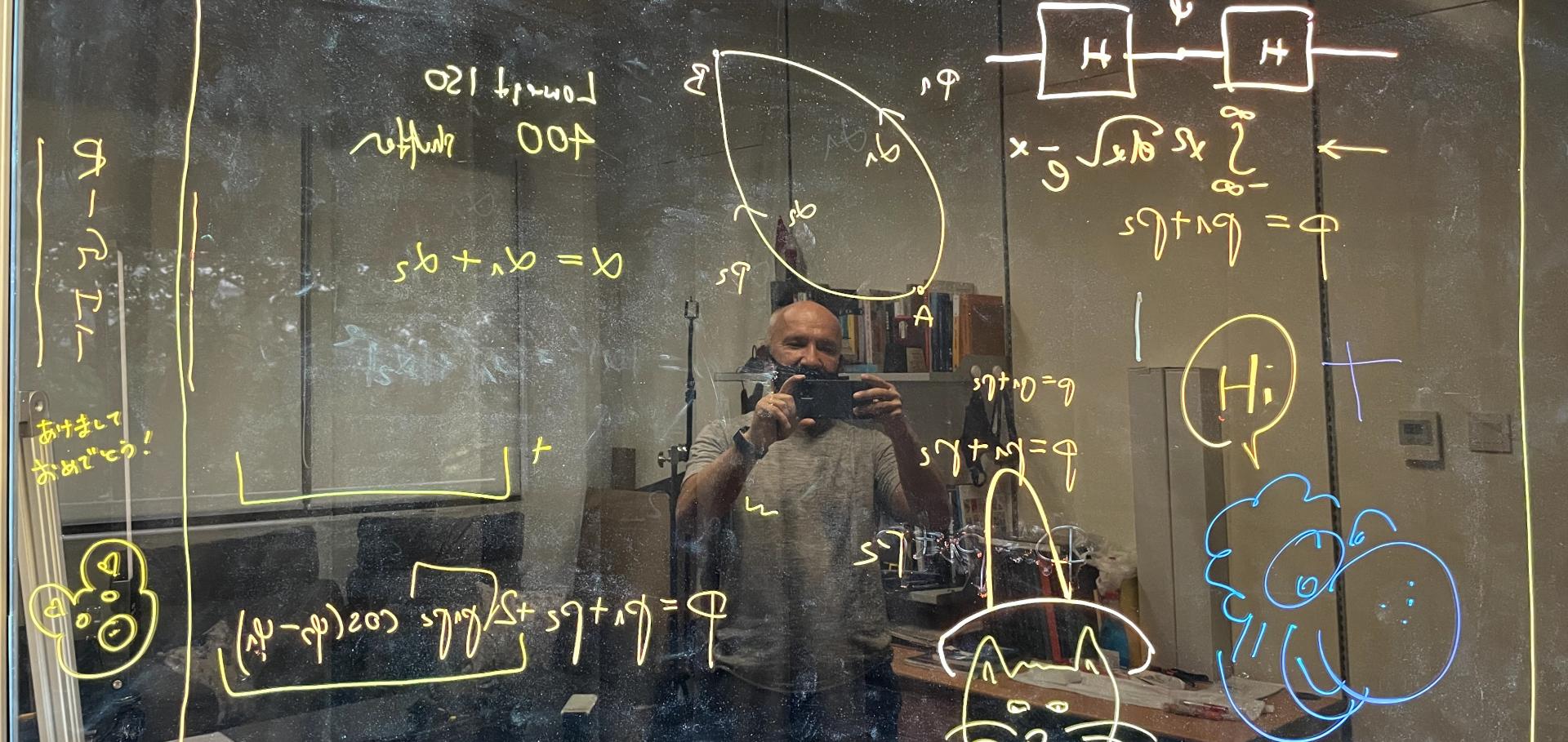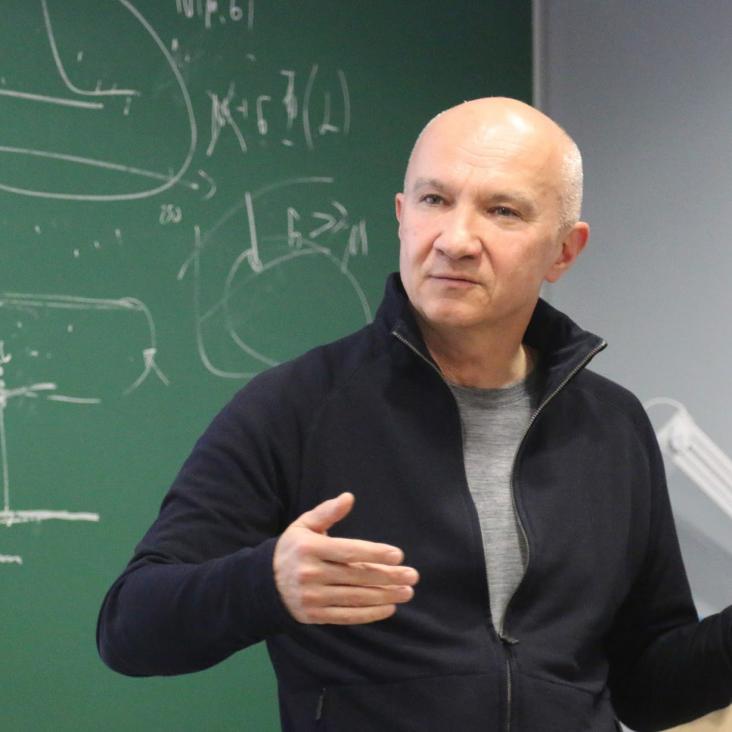The Hidden Subgroup Problem and Eigenvalue Estimation on a Quantum Computer
ArXiv quant-ph/9903071 (1999)
Abstract:
A quantum computer can efficiently find the order of an element in a group, factors of composite integers, discrete logarithms, stabilisers in Abelian groups, and `hidden' or `unknown' subgroups of Abelian groups. It is already known how to phrase the first four problems as the estimation of eigenvalues of certain unitary operators. Here we show how the solution to the more general Abelian `hidden subgroup problem' can also be described and analysed as such. We then point out how certain instances of these problems can be solved with only one control qubit, or `flying qubits', instead of entire registers of control qubits.The Hidden Subgroup Problem and Eigenvalue Estimation on a Quantum Computer
(1999)
On Quantum Algorithms
ArXiv quant-ph/9903061 (1999)
Abstract:
Quantum computers use the quantum interference of different computational paths to enhance correct outcomes and suppress erroneous outcomes of computations. In effect, they follow the same logical paradigm as (multi-particle) interferometers. We show how most known quantum algorithms, including quantum algorithms for factorising and counting, may be cast in this manner. Quantum searching is described as inducing a desired relative phase between two eigenvectors to yield constructive interference on the sought elements and destructive interference on the remaining terms.Quantum Computation - Theory and Experiments
Japan Society of Applied Physics (1999)


